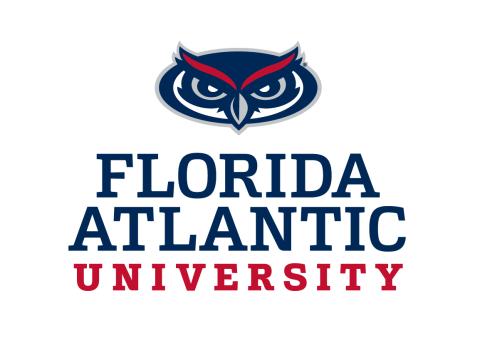
Philanthropists, governing boards and faculty must play active roles in university governance
A series of recent media reports have spotlighted alleged malfeasance by researchers at universities across the US. Boston University professor Ibram Kendi is accused of mismanaging $55 million in funding to his Center for Antiracist Research, which includes at least $10 million from former Twitter CEO Jack Dorsey. According to news reports, Boston University will investigate the centre’s “culture and its grant management practices”, after complaints.
At the same time, a vigilant team of self-appointed scholarly investigators have taken it upon themselves to identify fraudulent research published in peer-reviewed journals. Their net has swept up prominent researchers at Stanford, including its president, and other elite universities – most recently at Harvard Business School.
The obvious, first-order cost of such incompetent and unethical behaviour on the part of university faculty is the waste of the resources with which they were entrusted. The mismanagement of academic research is preventable. Yet, the second-order costs amplify the damage. These include the opportunity costs of putting the funds into more productive hands, the reputational costs to the universities at which they are housed, and the chilling effects on the philanthropists who see the original intent of their donations being foiled.
- Devolved research funding in universities – a counter-narrative
- Resource collection: The business of bright ideas, research and IP
- A tale of two models: rethinking shared governance
While current grant-makers could certainly do more to improve planning and accountability, there are also key roles for three sets of university stakeholders:
- current and potential philanthropists;
- governing bodies at the university and foundation boards;
- and faculty.
First, current and potential philanthropists can take advantage of many resources to better ensure that their dollars will be honourably stewarded by universities. The American Council of Trustees and Alumni (ACTA) maintains a list of approximately 90 university centres and programmes which maintain the highest academic standards, ensure free enquiry into a range of intellectual viewpoints and are closely stewarded for donor integrity. Recognising that many university donors wish to maximise their investment impact, ACTA’s Fund for Academic Renewal (FAR) offers pro-bono personalised guidance on gift agreements for individual philanthropists, including legal consultation.
Second, the university’s governing bodies must actively monitor the donor funding processes. Although every university is a legally separate entity from its foundation, there is considerable variation in interdependence. In rare cases, the university foundation will have its own staff and budget; in most cases, the university and foundation share office space, budgets, and other resources. In all cases, there is greater transparency when the foundation regularly reports to the board. University governing bodies should conduct regular donor intent audits, and consider a stewardship committee to promote donor integrity. Both bodies have a responsibility to ensure that any gift is managed in strict accordance with a donor agreement which, hopefully, has been carefully thought through, as suggested above.
Third, faculty who work in and run research centres must develop the necessary skill sets to effectively manage such complex bodies. Earning a PhD takes six years on average; however, most PhDs only receive academic training, with no guidance on key administrative skills such as programmatic, managerial and fiscal responsibilities. Furthermore, once hired into a faculty position, the activities that lead to tenure, promotion and greater academic accolades require deep research and extensive writing skills. These activities are often conducted alone. Yet, scholarly research staff can acquire postgraduate training and resources from their universities, including business school courses on project management as well as best practices from external groups such as the National Association of College and University Business Officers (NACUBO).
The important hard and soft skills required to manage an externally funded research programme include designing and implementing deliverables strategies, as well as monitoring strategies to identify potential problems and mitigate them early. Researchers must also ensure that they are familiar with and adhere to sponsoring agency and university policies and procedures, not to mention all relevant federal and state regulations.
Taken together, philanthropists, university governing boards, and faculty must play active roles in university centre and research governance.
Siri Terjesen is professor and associate dean of the College of Business at Florida Atlantic University and an advisory member of ACTA FAR. Michael Ryall is professor and director of policy at the Madden Center for Value Creation, also in the College of Business at Florida Atlantic University.
If you would like advice and insight from academics and university staff delivered direct to your inbox each week, sign up for the Campus newsletter.




